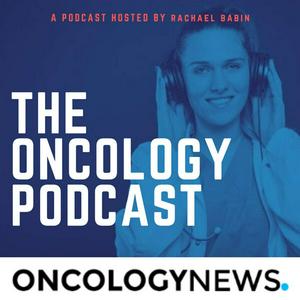Send us a text
Welcome to Episode 29 of The Oncology Podcast’s Experts On Point series, brought to you by The Oncology Network.
AGITG ASM 2025 Special | 24–27 November | Tarntanya (Adelaide), South Australia
The most exciting ideas in GI oncology rarely come from just one room—or even one country. In this episode, host Rachael Babin sits down with Associate Professor Sina Vatandoust, Convenor of the AGITG 2025 ASM, and Associate Professor Margaret Lee, one of this year’s local speakers. Together, they share a preview of the upcoming meeting and explore how collaboration across Australia, the Asia–Pacific and beyond is helping turn promising concepts into clinical trials that truly make a difference.
Expect discussion on some of the key themes from this year’s program, including early-onset cancer, global oncology insights and radiation oncology breakthroughs—all with survivorship at the heart of the conversation.
We hope you enjoy the episode.
For news and podcast updates subscribe to The Oncology Newsletter, a free weekly publication for healthcare professionals with an interest in oncology. Click here to subscribe.
PART OF THE ONCOLOGY NETWORK... Join Us


